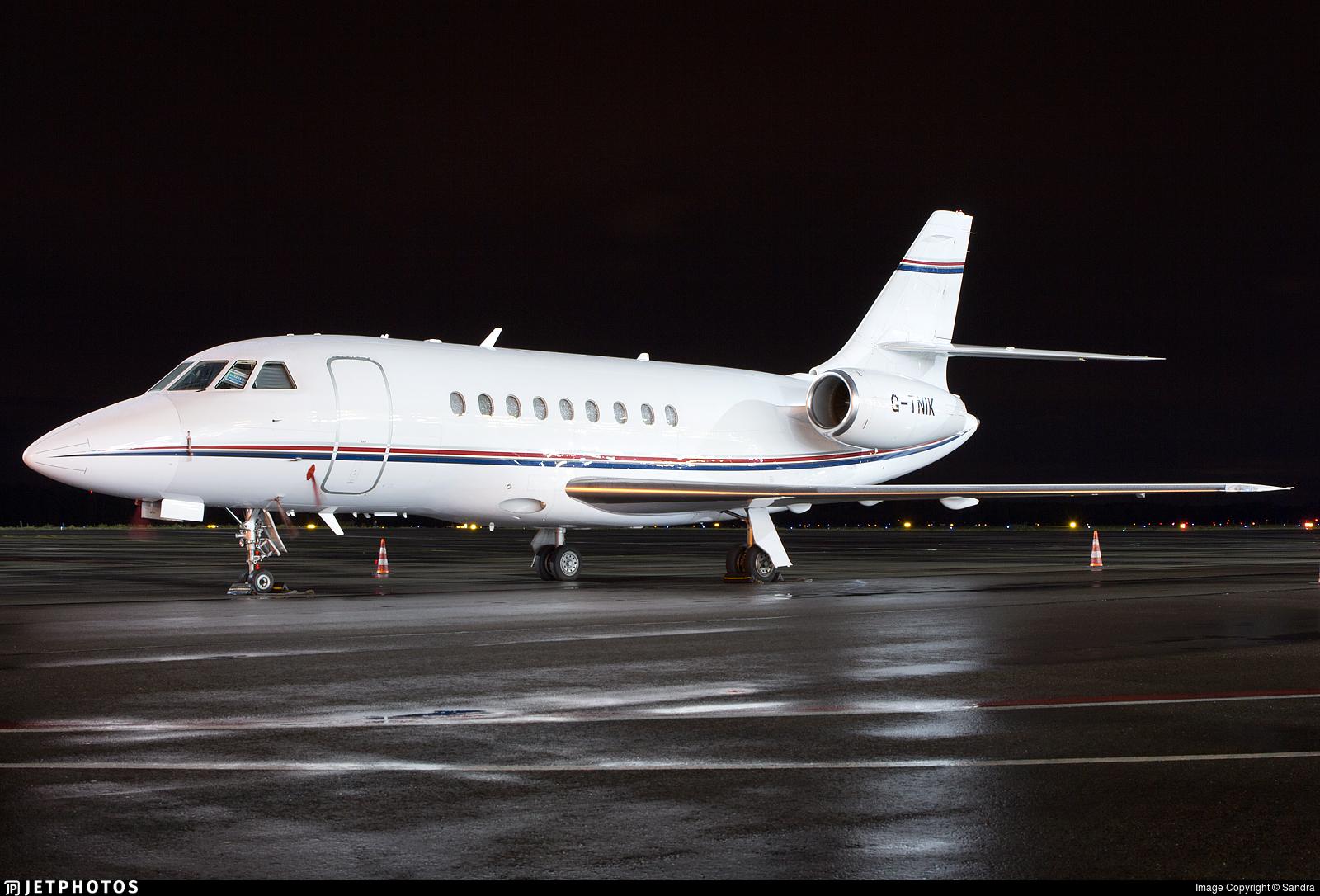
Private Jet PrivateJetia 070
In an era where cybersecurity threats are on the rise, safeguarding your flight data is essential, especially when flying privately. Unlike commercial airlines, private jet travelers must take extra steps to ensure their sensitive information, both personal and business-related, remains secure. From in-flight communications to GPS data and private flight itineraries, securing your flight data is paramount. In this article, we’ll explore the best practices for keeping your flight data secure when flying private, including the use of encryption, secure communication systems, and data protection strategies.
Meta Description
Learn how to keep your flight data secure when flying private. Explore encryption, secure communications, and the best practices to protect your sensitive information while traveling in style.
The Importance of Securing Flight Data
When flying privately, the potential risks to your data are much greater than when you’re flying commercially. While airlines use security measures to protect passengers’ data, private jet owners and passengers are responsible for ensuring their own privacy and data security. The stakes are high for high-net-worth individuals, business executives, celebrities, and government officials who rely on private jets for travel. A breach of their flight data can lead to financial loss, reputational damage, or even personal security risks.
Flight data encompasses a wide range of information. This includes personal details like the identity of passengers, flight itineraries, and travel preferences, as well as sensitive business data such as corporate discussions and strategic plans. With this in mind, there’s a clear need for private jet passengers to adopt strict security measures to protect their data from potential threats.
1. Encryption: The First Line of Defense
Encryption is a crucial tool in keeping flight data secure. Encryption involves converting data into a code to prevent unauthorized access. Whether it’s in-flight communications, personal information, or sensitive business dealings, encrypting data ensures that only authorized individuals can access it.
- In-Flight Communication Encryption: During a flight, passengers may make phone calls or use the internet to communicate with colleagues, clients, or family members. These communications can include sensitive business strategies, personal matters, or financial information. Without encryption, these communications can be intercepted by hackers or other malicious actors. It’s essential to use encrypted communication tools, such as encrypted messaging apps or secure email platforms.
- Secure Wi-Fi Networks: Private jets often offer onboard Wi-Fi for passengers to use during their flights. However, unsecured Wi-Fi networks are vulnerable to hacking. To ensure that data transmitted during the flight remains secure, operators must provide a secure Wi-Fi network with encryption. This can include virtual private networks (VPNs) or private networks with encrypted access to prevent unauthorized access and ensure privacy.
- Data Encryption for Devices: Passengers should also ensure that any devices they bring on board, such as laptops, smartphones, or tablets, are equipped with encryption software. This adds another layer of protection in case the device is lost or stolen during the flight. Using full-device encryption ensures that even if someone gains access to the device, they will not be able to read the stored data without the proper credentials.
2. Secure Flight Planning and Itinerary Management
Flight planning involves creating detailed itineraries that include flight paths, departure and arrival times, and other sensitive data. For private jet travelers, ensuring that this data remains secure is essential to prevent it from being intercepted or leaked.
- Private Flight Management Platforms: Many private jet operators use flight management platforms to handle scheduling, logistics, and route planning. These platforms should use secure servers to store flight data and prevent unauthorized access. It’s important to work with operators who invest in secure flight management systems to handle sensitive flight details.
- Secure Document Sharing: It’s common for passengers to share flight itineraries, passenger lists, and other documents with private jet companies, flight crews, or travel agents. Sharing these documents using insecure email or cloud storage can expose the data to third-party access. To mitigate this risk, passengers should use secure file-sharing platforms that encrypt documents and ensure that they are only accessible to authorized parties.
- Private Flight Apps with Security Features: Many private jet operators offer mobile apps for booking flights and managing itineraries. These apps should include advanced security features such as two-factor authentication (2FA) to prevent unauthorized access. Additionally, ensuring that these apps use end-to-end encryption for data transmission can help keep flight data secure.
3. Implementing Strong Authentication and Access Control
Access control is another critical aspect of securing flight data. Implementing strong authentication measures ensures that only authorized individuals can access sensitive flight data.
- Two-Factor Authentication (2FA): One of the most effective ways to secure flight data is by using two-factor authentication (2FA). This method requires users to provide two forms of identification before accessing their accounts. For example, passengers may need to enter both their password and a one-time code sent to their phone. This greatly reduces the risk of unauthorized access, as hackers would need both the password and the second form of identification to gain entry.
- Password Protection: For any accounts related to private jet travel, passengers should choose strong, unique passwords. Avoid using common phrases or easily guessable information. Instead, passwords should be a combination of letters, numbers, and special characters. Additionally, using a password manager to store and generate secure passwords can help manage multiple accounts without the risk of reusing weak passwords.
- Limit Access to Sensitive Information: Not everyone involved in the flight planning process needs access to all of the information. By limiting access based on roles, private jet operators can ensure that only those who need to know specific information can access it. For example, the pilot may need to know the flight path and the number of passengers, but they may not need to know the details of business meetings or financial transactions taking place during the flight.
4. Protecting In-Flight Communications and Entertainment
During a private jet flight, passengers often engage in personal and business conversations or use onboard entertainment systems. These activities must also be secure to protect sensitive data.
- Secure Audio and Video Systems: Many private jets are equipped with high-quality audio and video systems that allow passengers to watch movies, attend virtual meetings, or participate in entertainment. However, unsecured systems can be vulnerable to hacking. Jet operators should ensure that any audio and video systems are protected with encryption and that they don’t transmit data over unprotected channels. This prevents potential eavesdropping or interference from external sources.
- In-Flight Communication Devices: Private jets often come equipped with satellite phones, intercoms, or video conferencing systems. These devices can be vulnerable if not properly secured. Passengers should ensure that all communication devices onboard are protected by encryption, and flight crews should regularly monitor the security of these systems to ensure no unauthorized connections are made.
- Monitoring for Unauthorized Devices: Some private jets use onboard monitoring systems to detect unauthorized devices or connections. If an unknown device attempts to access the jet’s network, it should be flagged immediately. This can prevent potential data breaches and ensure that only authorized devices are connected to the aircraft’s systems.
5. Cybersecurity Training for the Crew
While technology plays a significant role in securing flight data, the crew is also an essential part of the security system. Ensuring that the flight crew is trained in cybersecurity best practices can help mitigate risks associated with human error.
- Crew Training on Data Security: Flight crew members, including pilots, flight attendants, and ground staff, should receive regular training on the latest cybersecurity threats and data protection practices. This includes recognizing phishing attempts, securing devices, and understanding the importance of confidentiality. Crew members should also be aware of how to identify and respond to potential security breaches during the flight.
- Incident Response Plans: In the event of a data security breach, it’s crucial that the crew has a well-defined incident response plan. This plan should include procedures for isolating the affected systems, notifying relevant authorities, and minimizing the impact of the breach. By having a clear response plan in place, the crew can act quickly to protect passenger data and prevent further damage.
6. Collaboration with Trusted Private Jet Operators
Working with a trusted private jet operator is key to ensuring that flight data remains secure. Not all private jet companies are equally committed to data security, so it’s important to choose an operator with a proven track record in protecting passenger information.
- Reputation and Certifications: Look for private jet operators who are certified by aviation authorities and have a reputation for maintaining high security standards. These operators are more likely to implement the latest cybersecurity measures, including secure flight planning systems, encrypted communication tools, and proper authentication protocols.
- Third-Party Security Audits: Many high-end private jet operators undergo regular third-party security audits to ensure that they are meeting industry standards for data protection. These audits can help identify vulnerabilities and ensure that the operator is complying with best practices for cybersecurity.
- Transparency in Security Practices: A reputable private jet operator should be transparent about their security practices. They should provide clear information about how they handle sensitive data, the encryption methods they use, and the steps they take to ensure privacy and security during the flight.
Conclusion
Securing flight data when flying private is essential for maintaining the privacy and safety of passengers, especially those with high-profile or high-security needs. By implementing encryption, secure communication systems, strong authentication measures, and cybersecurity training for the crew, private jet travelers can ensure that their sensitive information remains protected. Collaborating with trusted private jet operators who prioritize data security can further enhance the confidentiality of your travel experience.
In today’s world, where data breaches are an ever-present threat, taking steps to secure flight data is not just a precaution, it’s a necessity. Whether you’re traveling for business or leisure, ensuring that your flight data is secure will give you peace of mind, allowing you to focus on what truly matters during your journey.







1 thought on “How to Keep Your Flight Data Secure When Flying Private”